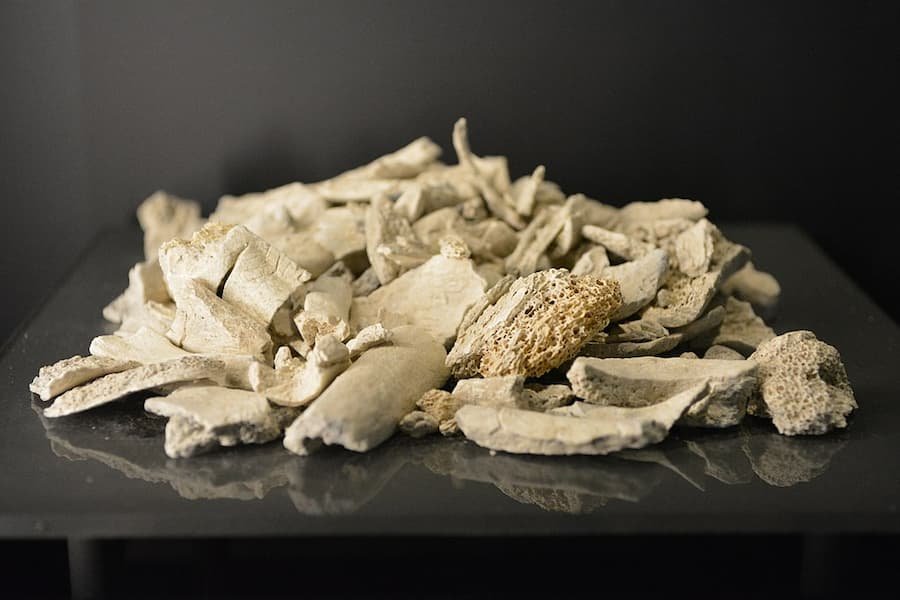Burial has traditionally been the preferred funeral option in Australia, but with available land becoming more scarce in metropolitan areas and funeral prices on the increase, things are starting to change.
More of us are now opting for cremation when we die; over 65% of us in fact, according to the Australasian Cemeteries & Crematoria Association’s National Cremation Capacity Survey 2020.
To understand why that might be, this article discusses the differences between burial and cremation and the advantages and drawbacks of both types of funerals. It also looks at some of the factors that influence people’s decisions when choosing whether to be buried or cremated.
Table of Contents
Cost of burial vs cremation
The standout difference between burial and cremation is the cost, so if budget is your primary consideration, you are much more likely to choose a cremation, which can be less than half the cost of a burial.
Of course, this cost could increase substantially depending on whether you want a funeral service and how elaborate you want that service to be. Generally speaking though, the average cost of a burial in Australia is around $19,000, compared with around $7,420 for cremation.
Factors likely to influence the cost of a funeral, whether it’s a burial or a cremation, can include;
- The cost of a funeral director and premises to hold a service
- Any religious, ceremonial or family requirements
- The location of the funeral and when it is being held
- Refreshments provided for mourners after the ceremony
- Miscellaneous costs like flowers, cars, death notices and a death certificate.
What a burial entails
Most people are aware of the traditional burial process which typically includes;
- Removal of the deceased to the funeral home
- Embalming, dressing and preparing the body for burial
- Placing the deceased in a casket for viewing by mourners (if requested) during the ceremony
- Sealing the casket before being buried in a cemetery or entombed in a mausoleum.
What cremation entails
Fewer people are familiar with the cremation process, which typically involves;
- Removal of the deceased to the crematorium, either in a coffin or a cremation capsule
- Holding of a funeral service in the crematorium chapel (if requested)
- Placement of the body in the cremator (cremation can take up to 2 hours)
- Removal of the remains, which are placed in a vessel of the family’s choosing (usually an urn)
- Depending on the deceased’s wishes, the ashes are then either scattered, kept by the family, buried or entombed in a columbarium from a West Chester monument company.
Choosing between burial or cremation
Apart from the significant difference in cost, there are several other factors that might influence your choice between being buried or cremated when you die. These can include;
- Religious beliefs – cremation is not permitted by some religions including Baptist and other fundamentalist Christian denominations, Muslims and the Eastern Orthodox Church. In contrast, cremation is required rather than burial by eastern religions such as Hinduism and Buddhism.
- Environmental factors – environmentally conscious people often choose cremation over burial due to its smaller carbon footprint. While the cremation process releases pollutants into the atmosphere (around 160kg of carbon dioxide), the carbon footprint of burials is much bigger when you factor in long-term gravesite maintenance, non-biodegradable caskets and the use of toxic embalming fluids.
- Practical considerations – you might choose cremation over burial if the deceased dies in a foreign country, as the cost of repatriating a body can be extremely high. Other practical reasons for choosing cremation over burial might include the portability of the cremated remains, the lack of need to maintain a gravesite and the freeing up of cemetery land for community use.
- Emotional considerations – there may be more sentimental arguments for choosing burial over cremation such as the fact that a gravesite is often part of a long held family tradition. It may also offer a greater sense of closure for loved ones and provide a permanent memorial where relatives can come to pay their respects for generations to come.
As more people turn away from traditional funerals, a new kind of alternative funeral has emerged that goes some way to addressing the concerns raised about both burials and cremations.
Natural or eco funerals do not involve cremation or embalming. Instead, the body is interred in a green burial site in a biodegradable shroud or coffin. The deceased can also opt for a green headstone such as an engraved rock or a tree.
In the end, the type of funeral you opt for will depend on your own personal beliefs and the kind of legacy you want to leave behind. But whichever form of farewell you choose, make sure it is fully funded by a funeral plan or insurance and that your family is aware of your wishes and is willing and able to carry them out. Companies like Everdays make it easy to get your final wishes and the finances around them in place, ensuring no matter what you choose, everything is covered.
Read also: How Does Burial Compare to Cremation?

